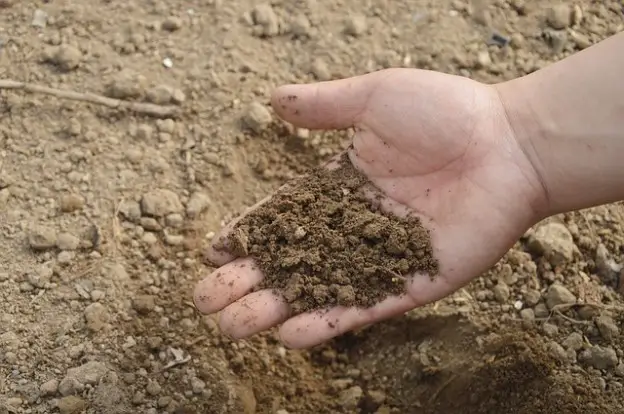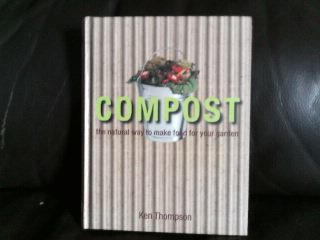So basically, good compost equals good soil.There is no secret to making compost just a few simple rules. Firstly site your bin on the soil this is important because you need to allow the worms access to your bin because basically worms create compost, they are the ultimate recycle factory. The worms eat your waste and the waste that they produce is compost so compost is worm poo. Not only worms but other insects and micro-organisms etc.. found in soil that feed on decomposing plant material.
The bin should be sited so that it is exposed to at least six hours of sunlight a day this heats up the compost and hopefully kills the weed seeds that will be present in your waste plant material.
the other main concern you have is to get the balance of green and brown waste (I’ll explain below) equal.
Green waste is any vegetable peelings,cut grass, carrot tops, onion skins, fruit skins dead plants bean vines that have finished producing you get the idea.
Browns are newspaper (not glossy), cardboard, dried leaves cardboard egg cartons, straw, old spent compost pet bedding (hamster, rabbit, if your lucky to have access to it horse manure) and so on.
The mix should be roughly equal, if not you’ll soon tell as too much greens and the mix will be slimy and smelly and too much browns and nothing will be happening at all. When you’ve been adding to the bin for a few weeks you’ll see what I mean (if you do get any problems go to the contacts page and I’ll do my best to help you).Other problems you might get are ants nesting in your bin if this happens it just means your mix is too dry just add water then more greens. Remember to stir your mix with a garden fork occassionally and in about three to six months you will have some great compost to improve your soil with. You will know when it’s ready to use as it will have a crumbly texture and a “sweet” smell.
Compost will help to lighten clay soil, make it less likely to get saturated thus possibly drowning your plants. Compost will also bulk up sandy soil, make it more water retentive, so whatever soil type you have compost will improve it. Even if your soil is at the right composition good compost will put nutrients into the soil so keep adding compost.
Then either work it in to your soil or use as a mulch which just means laying it on top of your soil to supress weeds and retain moisture.
. This is just a basic guide to making compost, if you’re interested in further study I recommend a very informative book aptly titled Compost by Ken Thompson which goes into much more detail.
One more thing in the most part you need to deal with your plant waste and composting it is cheap and keeping it on the plot means less travel (carbon foot print) and it improves the soil.


